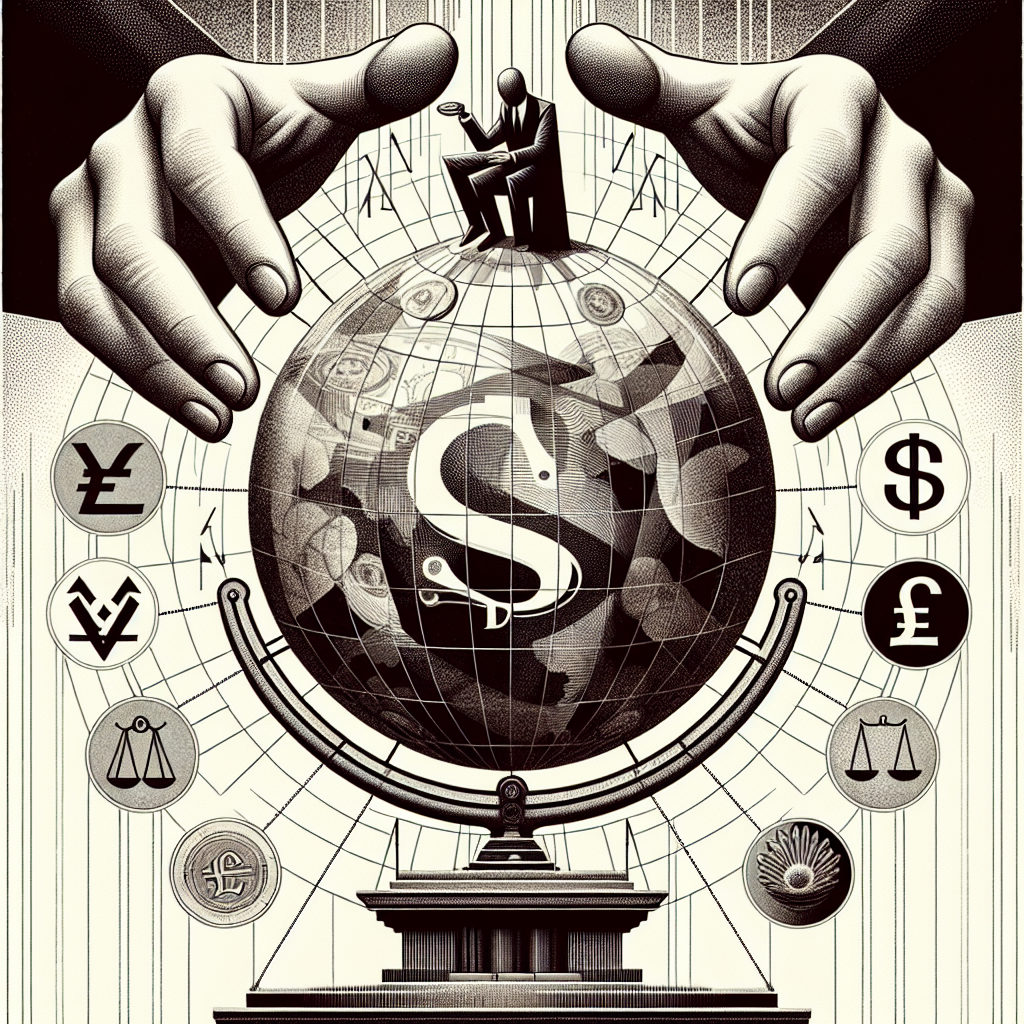The Bilderberg Group: An Overview
The Bilderberg Group is a private conference established in 1954, bringing together influential figures from various sectors, including politics, business, academia, and media. Meeting annually, this elite assembly aims to foster dialogue across the Atlantic, discussing critical global issues. The secrecy surrounding its proceedings has fueled speculation and conspiracy theories regarding its influence on global politics.
Historical Context
The inception of the Bilderberg Group took place in the aftermath of World War II, a time marked by the need for transatlantic cooperation to ensure stability in Europe and the broader world. Prominent figures such as Prince Bernhard of the Netherlands and influential political leaders recognized the necessity of fostering a closer relationship between Europe and North America. Their initial focus was on combatting anti-Americanism and promoting Western unity against the Soviet threat.
Membership Composition
Membership in the Bilderberg Group comprises around 120 to 150 elite participants, including government officials, monarchs, and heads of major corporations. Notable past attendees include Bill Clinton, Henry Kissinger, and Tony Blair. Although its membership rotates, the group maintains a consistent focus on influential figures who shape the global political landscape.
Secrecy and Transparency
The Bilderberg Group’s meetings are characterized by a high level of confidentiality. While an agenda is set, discussions are held off-the-record, leading to accusations of a lack of transparency. This secrecy has fostered narratives that the group operates as an informal shadow government, manipulating global political events without accountability.
Influence on Policy Making
The influence of the Bilderberg Group on global politics can be traced through several key areas:
Economic Policies
Members often include top executives from leading financial institutions. Decisions concerning economic policies—such as trade agreements, currency stabilization, and international regulations—are central topics of discussion. The group’s historical ties to the development of the Euro and discussions around globalization reveal its role in shaping economic agendas.
Foreign Relations
Discussion around international relations is also prominent at Bilderberg meetings. The group serves as a platform where policymakers can discuss sensitive geopolitical issues, including military interventions, peace negotiations, and cooperation among states. Notable dialogues regarding the Middle East, NATO operations, and relations with Russia showcase the group’s potential to influence national and international policies.
Environmental Policies
As global environmental challenges intensify, the Bilderberg Group has increasingly focused on climate change discussions. By convening influential leaders in technology and energy, it aims to address sustainable practices and green policies. The impact of their discussions is significant in shaping governmental responses to environmental issues, proving influential in forming international agreements.
Public Perception and Criticism
The secretive nature of the Bilderberg Group has led to widespread criticism and speculation regarding its motives. Critics argue that its exclusivity undermines democratic processes, as the power dynamics among leaders may shape policies without public scrutiny. The group’s perception as an elite coterie raises alarms about accountability in global governance.
Theories and Speculations
Numerous conspiracy theories have arisen around the Bilderberg Group, suggesting that it wields disproportionate influence in global affairs. Some theorists argue that decisions made behind closed doors have led to significant global events, such as economic crises and wars. While these narratives often lack empirical evidence, they contribute to a growing skepticism of elite institutions.
Case Studies
Several historical case studies illustrate the potential influence of the Bilderberg Group on global politics:
The 2008 Financial Crisis
The financial crisis of 2008 raised questions about the role of elite institutions in shaping economic frameworks. Participants of the Bilderberg Group were involved in shaping economic policies leading up to the crisis, a fact that conspiracy theorists point to as evidence of the group’s manipulative powers over global finance.
The European Union’s Formation
The birth of the European Union can also be traced back to discussions that may have taken place within Bilderberg meetings. The collaborations and dialogues between influential European leaders significantly shaped the trajectory of European integration, showcasing how the group’s discussions may lead to policy implementations on a monumental scale.
The Role of Media Representation
Media representation significantly affects public perception of the Bilderberg Group. Investigative journalism often scrutinizes its meetings, although the lack of transparency means that much remains speculative. While some coverage aims at exposing perceived conspiracies, others attempt to analyze the group’s discussions’ broader implications on global governance.
Conclusions in the Context of Global Politics
In the complex web of international relations, the Bilderberg Group represents a unique intersection of power, influence, and secrecy. Observers continue to debate its role in global political dynamics, oscillating between viewing it as a necessary platform for dialogue and perceiving it as an elite conclave promoting undemocratic practices. The influence of this group is undeniable, yet its exact impact on global politics remains an intricate puzzle that challenges conventional understanding of power structures.
While its public image and the narratives surrounding it may change, the Bilderberg Group will likely continue to engage in discussions that shape critical aspects of global policy for years to come. As geopolitical landscapes evolve, so will the narratives and roles of such influential assemblies amidst rising calls for transparency and public accountability in governance.












Leave a Reply